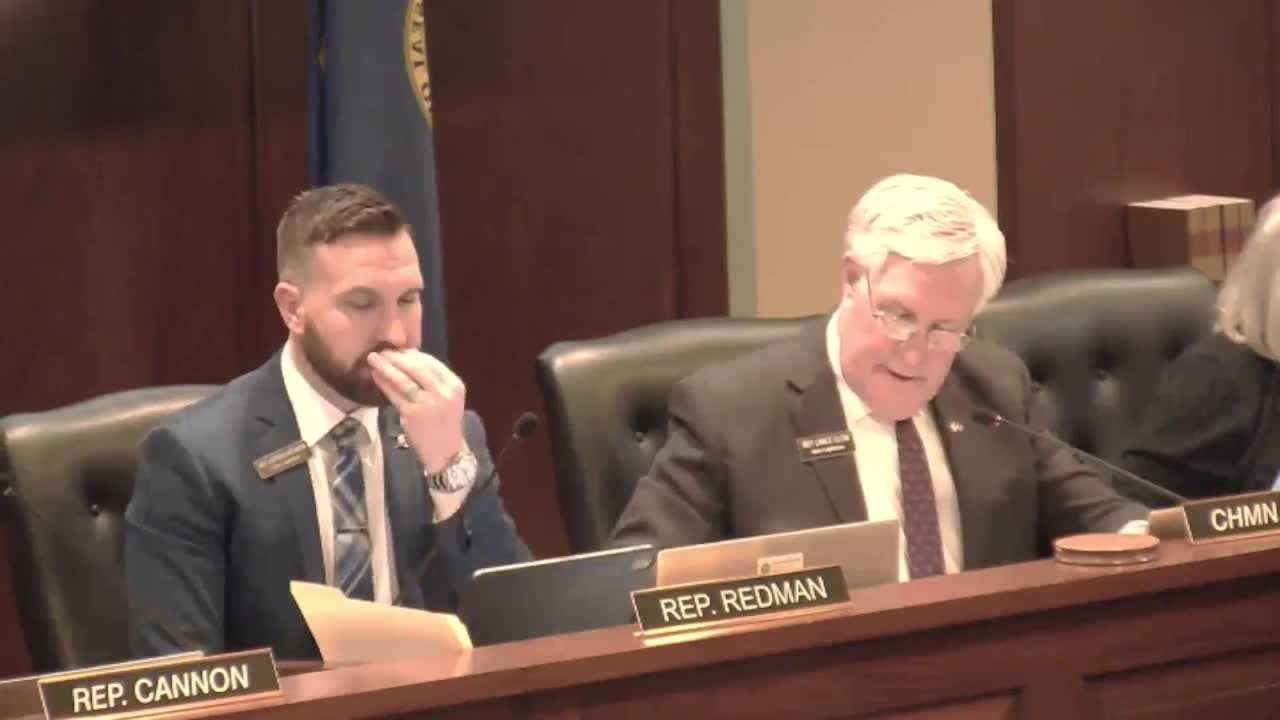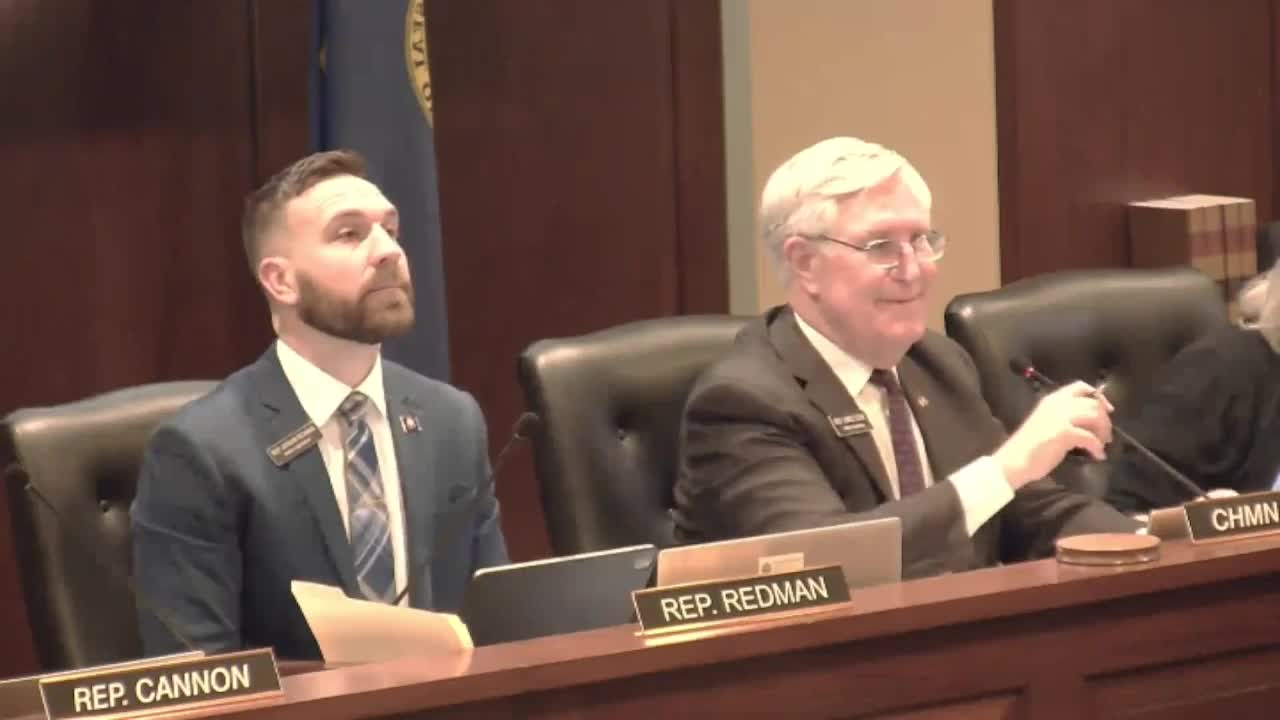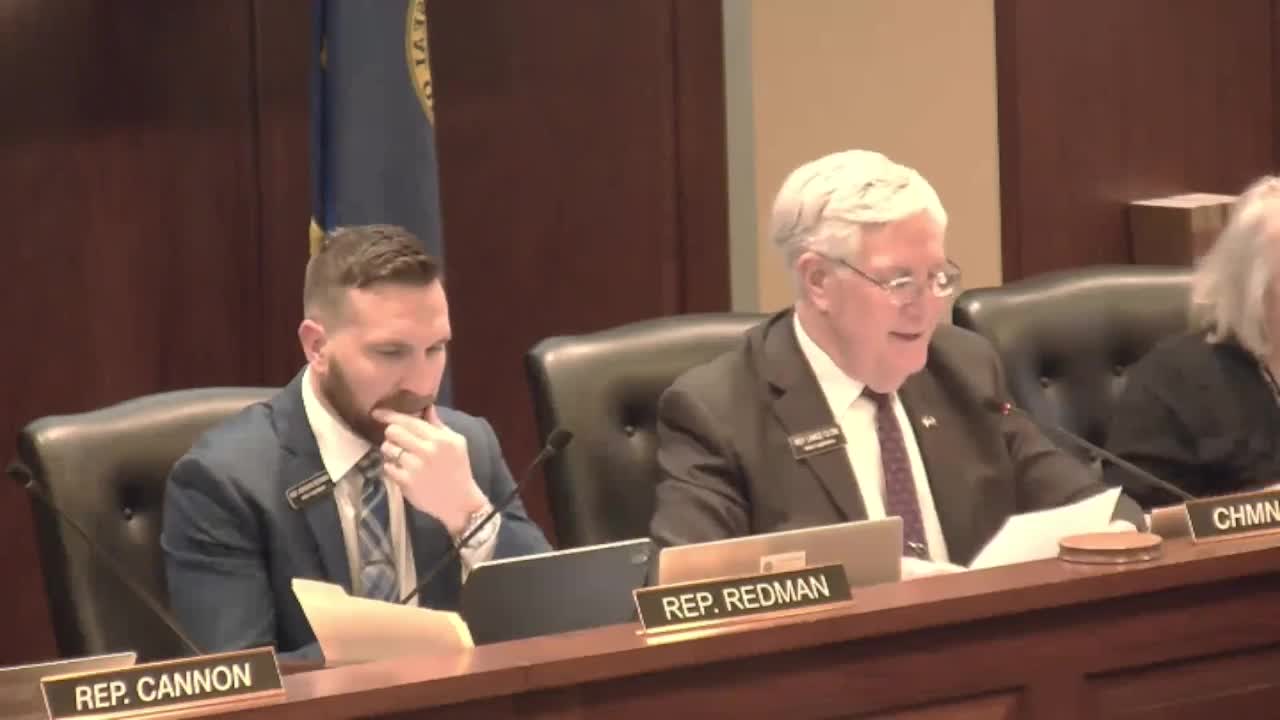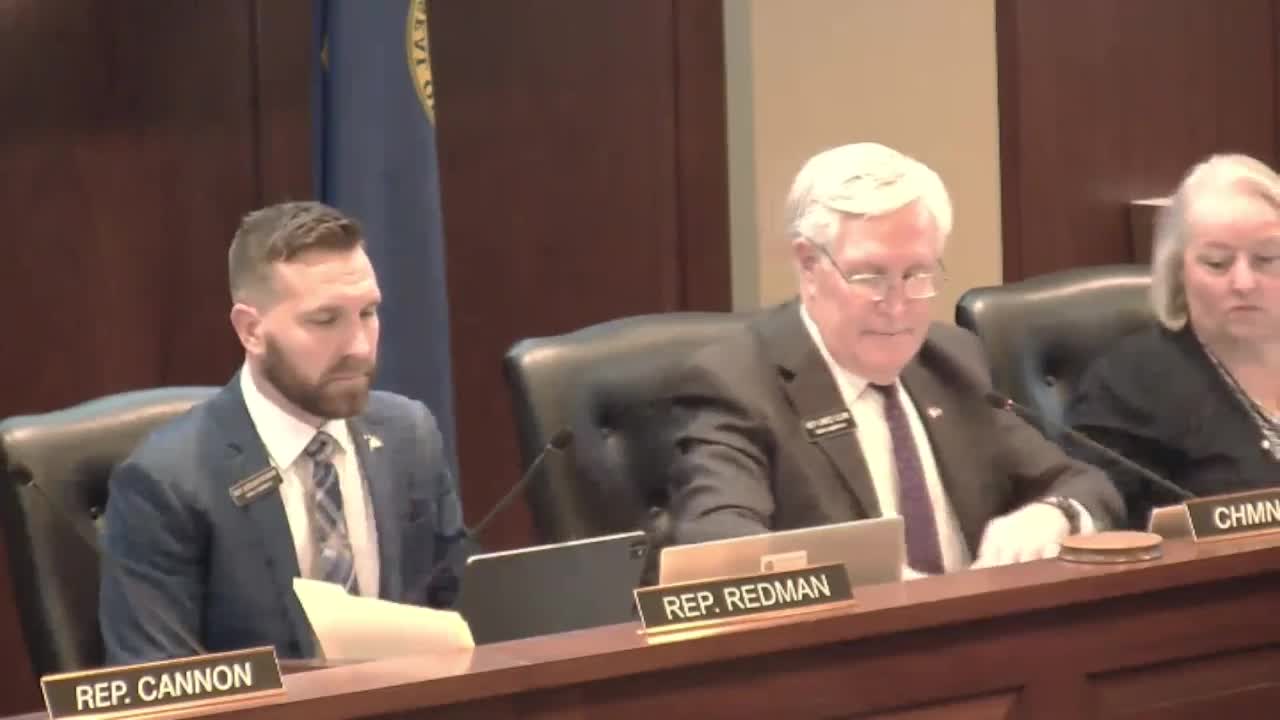Article not found
This article is no longer available. But don't worry—we've gathered other articles that discuss the same topic.

Committee approves clarification requiring credit unions to file articles with Secretary of State

Committee clears bill allowing boards to offer fee holidays and adjusts license reporting requirements

Committee sends inspection-modernization bill to general orders after debate over 15-day shot clock and refunds

